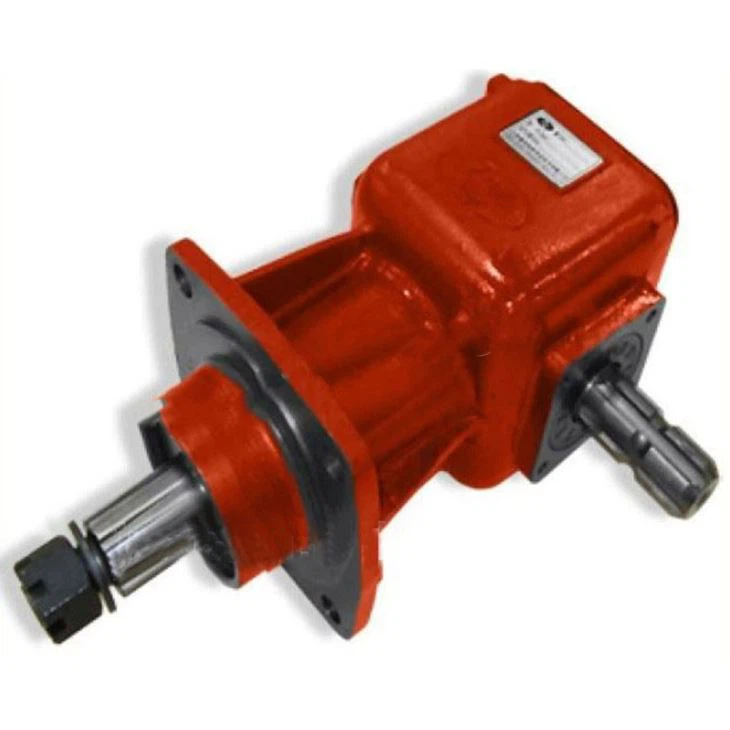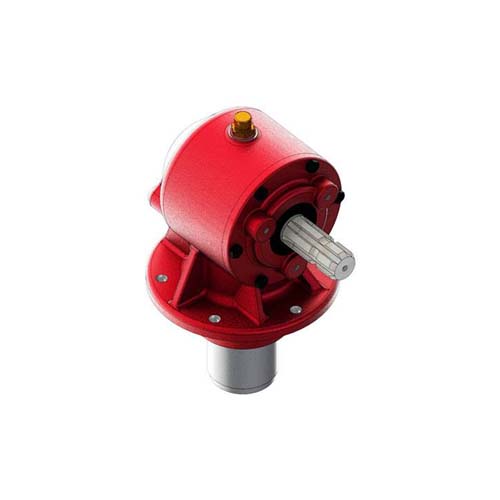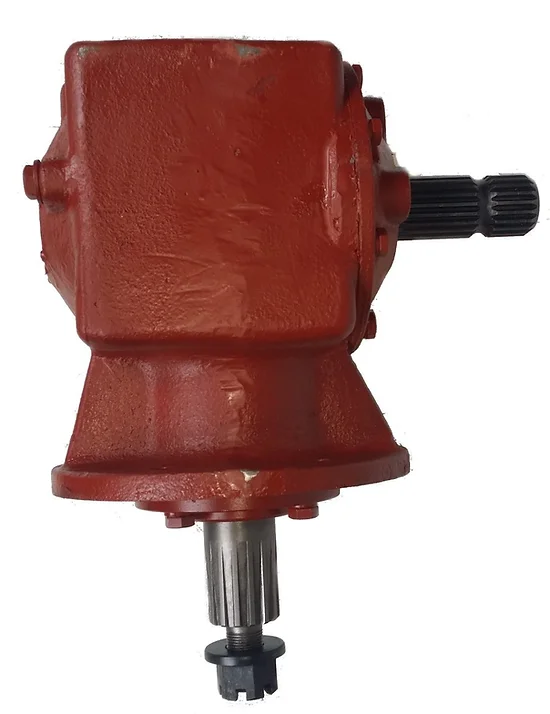Product Description
Product Scope
Auto Parts Casting
Pump & Valve Casting
Transmission Gear Box
G.E.T. (Teeth & Adaptor) Casting Parts
Hydraulic Machine Castings
Mining Machinery Casting Parts
Railway & Train Casting Parts
Tractor & Agricultural Machinery Parts
Heavy Duty Truck Parts
Capability & Capacity
Certificate TUV ISO9001 / TS 16949
OEM OEM & ODM both accepted
Standard ASTM, SAE, JIS, BS, DIN, ISO, GB
Capacity 1000 – 1500 tons / month
Weight 50g – 100 tons
Software Pro/E, Auto CAD, Solidwork, CAXA, UG. etc.
| PROCESS | MATERIAL | |
| Lost Foam Casting | Ductile iron GGG 40 to GGG 80 / Grey Iron Carbon steel 1571 to 1045 ASTM 60-40-18 / 65-45-12 / 80-55-06 / 100-70-03 Austempering ductile iron Heat resistant steel / Wear resistant steel |
|
| Sand Casting | Green Sand | Grey Iron, Ductile Iron, Malleable Iron, Stainless Steel, Carbon, Steel, Aluminium, Brass, Bronze |
| Furan Resin Sand | ||
| Cold Harden Resin Sand | ||
| Investment Casting | Sodium Silicone (Water glass) |
Stainless Steel, Carbon Steel, Special Alloy Steel Bronze, Brass, Aluminum |
| Silica Sol | ||
| Forging | Hammer Forging | Stainless Steel, Carbon Steel, Alloy Streel, Brass, Aluminum |
| Die Forging | ||
| Roll Forging | ||
| Die Casting | High Pressure Die Casting | Aluminum, Zinc |
| Low Pressure Die Casting | ||
| Gravity Pressure Die Casting | ||
| Surface Finish | Shot blast, chromate plating, power coated and anodizing | |
| Machining | Lathe, planer, drilling machine, tapping machine, line cutting, milling machine, CNC machining center. | |
| Inspection | Test equipment: Optical Spectrum Analyzer, CMM, Hardness test equipment, Tensile test machine. | |
/* January 22, 2571 19:08:37 */!function(){function s(e,r){var a,o={};try{e&&e.split(“,”).forEach(function(e,t){e&&(a=e.match(/(.*?):(.*)$/))&&1
| Casting Method: | pressure Crystallization |
|---|---|
| Application: | Auto Parts |
| Machining: | CNC Machining |
| Material: | Iron |
| Surface Treatment: | Sand Blast |
| Standard: | ASTM |
| Samples: |
US$ 1/Piece
1 Piece(Min.Order) | |
|---|
| Customization: |
Available
| Customized Request |
|---|

Repair or Replacement of a Mower Gearbox
Whether a mower gearbox can be repaired or needs to be replaced depends on the extent of the damage and the condition of the gearbox components. Here are some factors to consider:
- Minor Issues: If the gearbox is experiencing minor issues such as a leaking seal, damaged gasket, or a loose bolt, these problems can often be repaired without the need for a full replacement.
- Worn Gears or Bearings: If the gears or bearings are worn or damaged, they can sometimes be replaced individually, especially if the rest of the gearbox is in good condition.
- Severe Damage: If the gearbox housing is cracked, the gears are severely damaged, or the entire unit is extensively worn, a replacement gearbox might be the more cost-effective solution.
- Cost of Repairs: Sometimes, the cost of repairing multiple components in a gearbox can be close to the cost of a new gearbox. In such cases, it might make more sense to opt for a replacement.
- Age of the Mower: If the mower itself is old and the gearbox is showing signs of wear, it might be worth considering whether it’s more economical to invest in a new mower with a new gearbox.
It’s recommended to consult a professional mechanic or technician who specializes in mower repairs. They can assess the extent of the damage, provide you with repair and replacement options, and help you make an informed decision based on the specific situation.

Differences between Manual and Automatic Mower Gearboxes
Manual and automatic mower gearboxes differ in their operation, control, and convenience:
- Operation: Manual gearboxes require the user to engage and disengage gears manually using a clutch or lever. Automatic gearboxes, on the other hand, change gears automatically based on speed and load conditions.
- Control: Manual gearboxes provide more direct control over gear selection, allowing the user to choose the appropriate gear for specific tasks. Automatic gearboxes, however, offer a hands-free experience with gear changes managed by the gearbox itself.
- Convenience: Automatic gearboxes are more convenient for users who prefer a hassle-free experience. They eliminate the need to manually shift gears, making operation simpler and more user-friendly.
- Complexity: Automatic gearboxes are more complex in design compared to manual ones due to the presence of sensors, electronic controls, and additional components required for automatic shifting.
- Efficiency: Manual gearboxes can provide better control over power delivery and may be more efficient in certain situations. However, automatic gearboxes optimize gear changes for fuel efficiency and performance.
- Cost: Automatic gearboxes are generally more expensive to manufacture and repair due to their complexity. Manual gearboxes are simpler and often more affordable.
The choice between manual and automatic mower gearboxes depends on user preference, the level of control desired, and the intended use of the mower. Both types have their advantages and disadvantages, and the decision should be based on the user’s needs and priorities.

Type of Oil for Mower Gearbox
Choosing the right oil for your mower gearbox is essential for optimal performance and longevity. The specific type of oil you should use depends on the manufacturer’s recommendations and the design of your mower gearbox. Here are the key factors to consider:
- Manufacturer’s Guidelines: Always refer to the manufacturer’s manual or guidelines for the recommended type and viscosity of oil to use in your mower gearbox.
- Viscosity: The viscosity of the oil determines its thickness and ability to flow. Mower gearboxes typically require oils with specific viscosity ratings, such as SAE 80W-90 or SAE 90. These oils provide the right balance of lubrication and protection.
- Extreme Pressure (EP) Properties: Mower gearboxes experience high loads and pressures. Choose an oil labeled as “Extreme Pressure” (EP) as it contains additives that provide extra protection under heavy loads and prevent wear.
- Synthetic vs. Conventional: Synthetic oils offer enhanced performance and stability over a wide range of temperatures. They also provide better protection against heat and oxidation. However, consult the manufacturer’s guidelines to ensure compatibility.
- Usage Conditions: Consider the operating conditions of your mower. If you frequently mow in hot weather or under heavy loads, opt for an oil that can handle these conditions without breaking down.
- Quality: Choose high-quality oils from reputable brands to ensure consistent performance and protection for your mower gearbox.
- Oil Change Intervals: Follow the recommended oil change intervals specified by the manufacturer. Regular oil changes help maintain optimal lubrication and prevent excessive wear.
- Compatibility: Ensure that the oil you choose is compatible with any seals, gaskets, and materials used in your mower gearbox.
Ultimately, using the correct type of oil in your mower gearbox will help maintain smooth operation, reduce friction, and extend the lifespan of the gearbox components.


editor by CX 2024-04-26